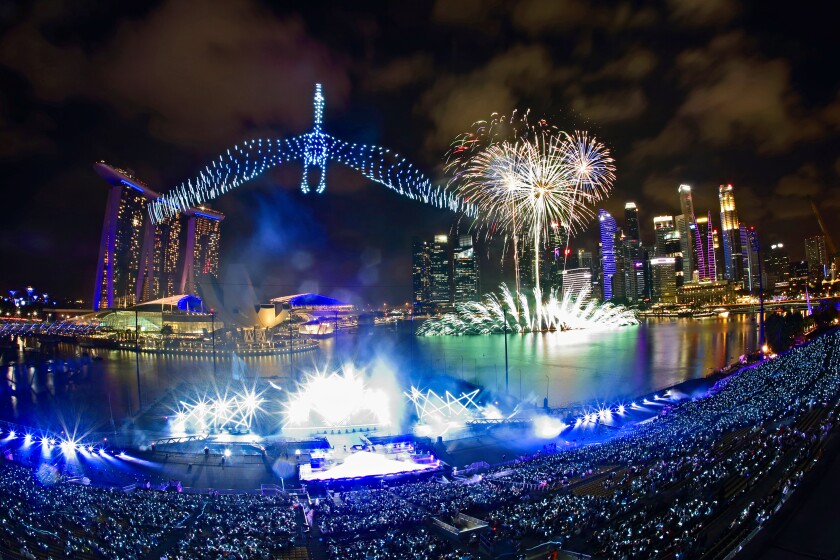He waited as long as he could, too long in the opinion of many.
He was obviously hoping that peaceful negotiation could bring down the rail barricades, in the best Canadian tradition.
But at last Justin Trudeau's patience was exhausted.The negotiations were going nowhere, because there were none.
"We can’t have dialogue when only one party is coming to the table. For this reason, we have no choice but to stop making the same overtures."
And for that the blame must go to these old men, the Wet’suwet’en hereditary chiefs.
Like Montreal Simon, I could not believe how lackadaisical and disrespectful the hereditary chiefs were being in refusing to respond to Trudeau's obvious respect.
They didn't seem to realize that the time to make progress was NOW, this week, when they had Canada's attention and a great deal of support across the country.
What they cannot do is keep raising the ante.
While the story earlier this week was that the Wet'suwet'en had worked out a deal for RCMP to move back to Houston BC, the story today was that they wanted
both the RCMP AND the pipeline company to leave, and then "nation-to-nation discussions with Canada and BC" should start.
And the tactic of leisurely visiting Mohawk reserves in Eastern Canada and holding news conferences instead of talking to the prime minister doesn't make any sense.
"We are waiting for Indigenous leadership to show that it understands," [Trudeau] said in a news conference. "The onus is on them."
Injunctions to clear tracks must be obeyed and the law must be upheld, he said, adding that it is pointless to continue making overtures to Indigenous leaders if they aren't accepted.
"Let us be clear: all Canadians are paying the price. Some people can't get to work, others have lost their jobs," Trudeau said. "Essential goods … cannot get where they need to go."
The situation "is unacceptable and untenable," he said.
Canadian support has started to evaporate when the chiefs could not seem to articulate what they wanted to achieve - no pipeline at all? a pipeline but on a different route? more negotiations for the existing route? -- and when thousands of Canadians were being increasingly affected, losing jobs and fearing for their heating oil supplies.
Also as predicted earlier this week, Canadian support for Trudeau's whole reconciliation agenda was disintegrating as the railway disruptions continued with no end in sight.
Trudeau appeared to realize this too, after talking to the Premiers on Thursday and to Cabinet today.
On Twitter, the usual suspects were berating Trudeau for not acting first and thinking later. But Trudeau tried to resolve the blockades with dialogue instead of immediately turning the dispute into a dick-measuring contest like Scheer and McKay wanted.
At least the Mohawks are clear about what they want -- the Mohawks
have an agreement with Indigenous Services minister Marc Miller that the Ontario trains will run as soon as RCMP have withdrawn to Houston from Wet’suwet’en territory.
As Manitoba Premier Palliser said today, no individual or group has an absolute veto on natural resource projects.
“Public opinion matters on these things,” he said. “This federal Liberal government has said that reconciliation is a priority. But if you want real reconciliation, then you have to do the real work of achieving it. And you have to establish some parameters. You have to put a fence around the discussion to some degree. And you don't do that if you don't make it clear that everyone does not have a veto.”






